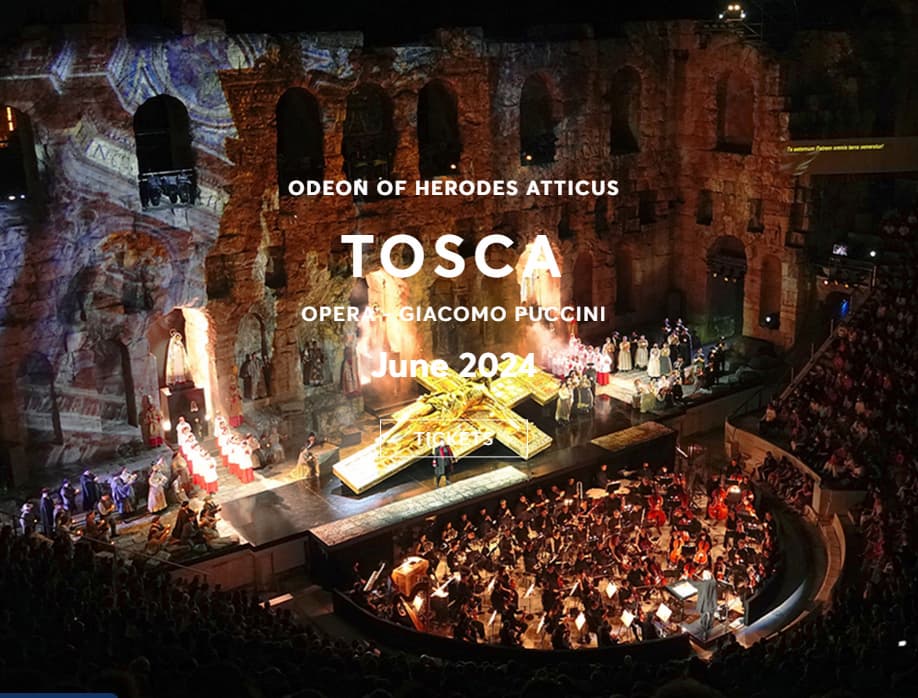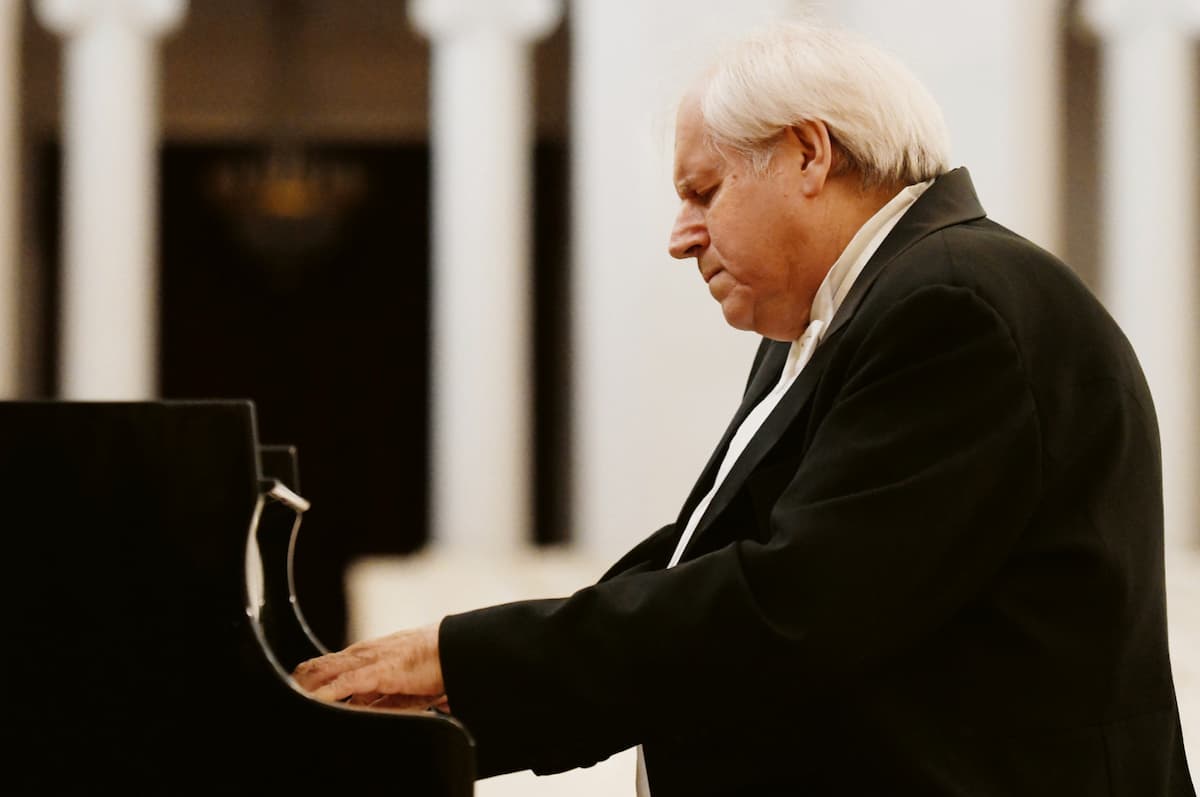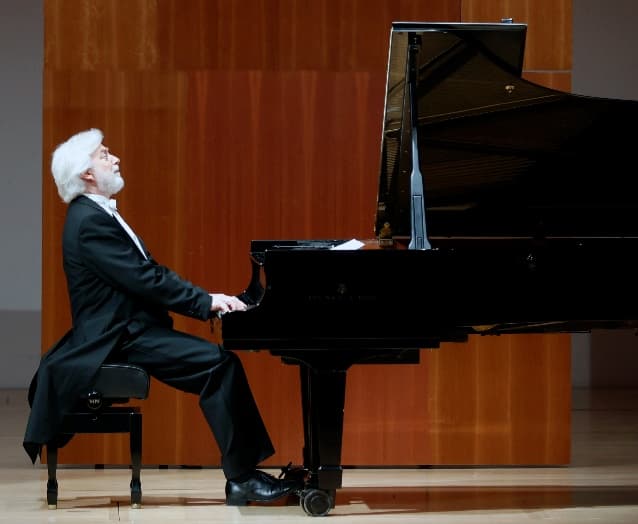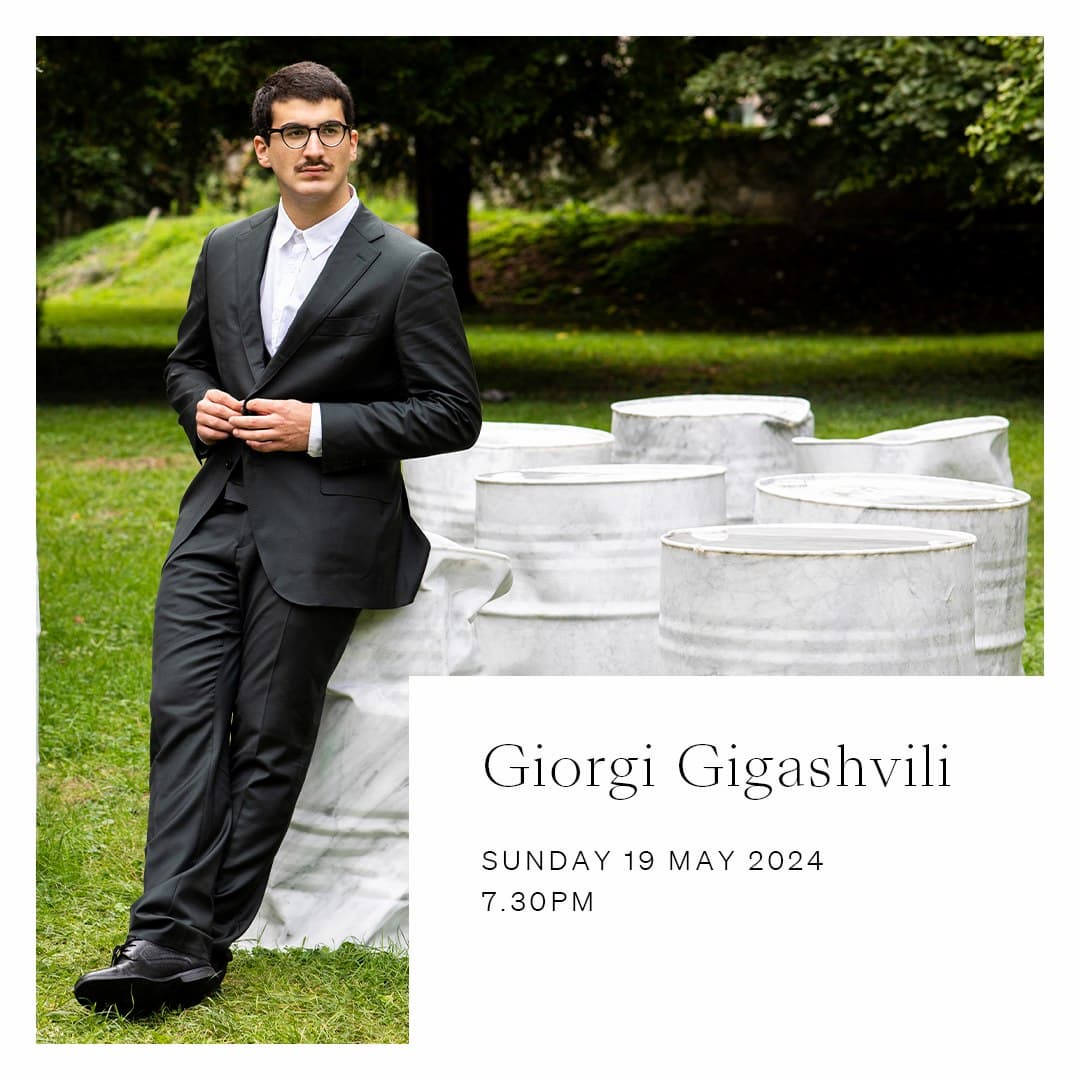Just when we think the world is saturated with a profuse presence of piano competitions, a new one has sprung up in a unique format, promoting classical music in a most unexpected location. Judging from its immense operational scope, vast global reach of applicants, rigorous process of elimination, demanding standards and stunning prize funds of €250,000, this competition may emerge in due time as one of the most notable of all international piano competitions.
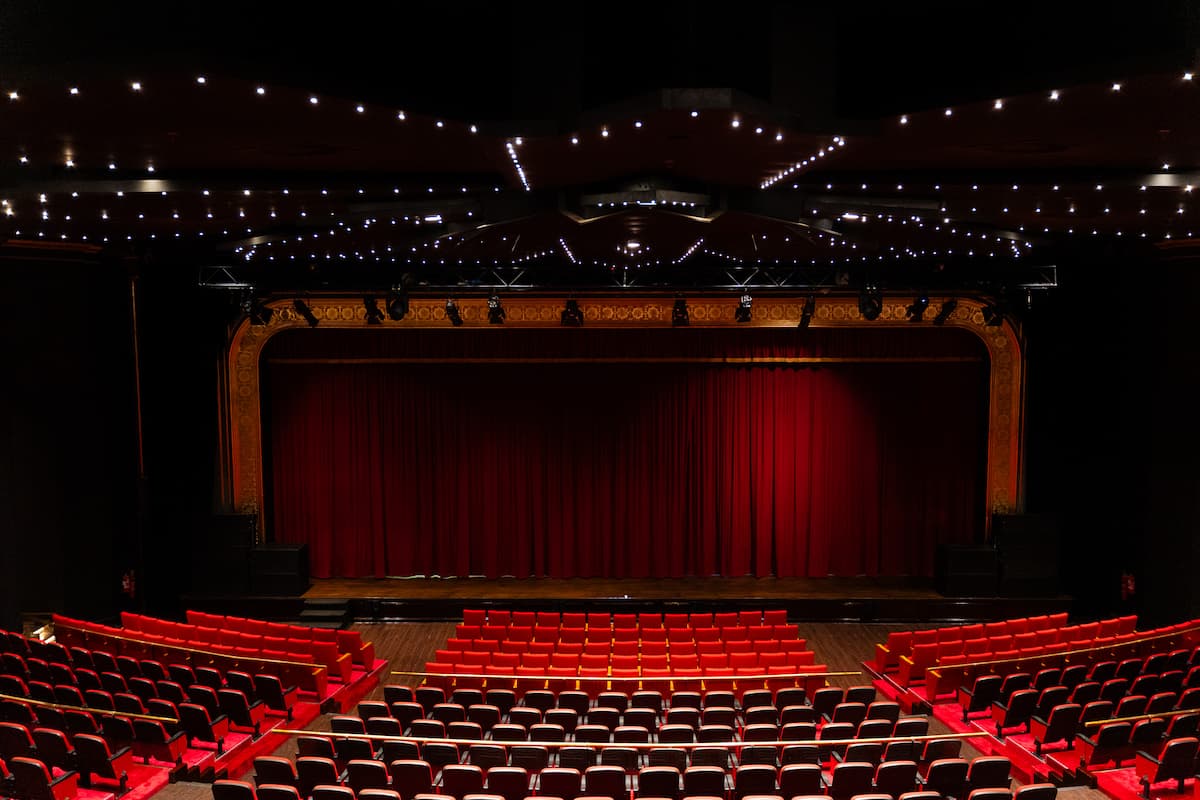
Zabeel Theatre – the competition’s venue © artforall.ae
I am referring to the “Classic Piano” International Competition in its third edition of the Grand Finale (basically an elaborate music contest) held in 2024 from 4th February to 26th February in the city of Dubai, United Arab Emirates. All performances took place in a magnificent setting – the Zabeel Theatre in Jumeirah Zabeel Saray, a “palatial” 5-star hotel on the West Crescent of Palm Jumeriah. The first edition of this competition was initiated in 2018 on a more modest scale and was held in the Mediterranean Island of Malta. The second edition took place in 2021, duly expanded to a more ambitious form and subsequently moved to Dubai. Such a high-level traditional classical music event set against the glamorous avant garde architectural landscape of Dubai must have forged ingenious diametric contrasts and fostered momentous juxtapositions!
As a fervent follower of several prestigious international competitions, I find the following factors are what distinguished the “Classic Piano” International Competition from the others :-
1. Before participants can advance to the Grand Finale in Dubai, they have to compete ( over the course of 2 years ) in each of the 14 preliminary competitions held in major music capitals around the world, namely, the USA ( Washington ), France ( Lyon ), Italy ( Chieti ), Belgium ( Antwerpen ), Austria ( Vienna ), Kazakhstan ( Astana ), Poland ( Warsaw ), UK ( London ), Armenia ( Yerevan ), China ( Shanghai ), South Korea ( Seoul ), Japan ( Tokyo ), Israel ( Tel Aviv ) and Spain ( Barcelona ). This extensive concept is designated as the “14 Ways to Dubai” initiative. The top 5 contestants in each of the 14 countries’ competitions, i.e., a total of 70, will then qualify to enter the Grand Finale in Dubai (with all expenses paid) to compete in 4 rounds – rounds 1 and 2 in solo recitals, round 3 and 4 in concerto form with an orchestra, to be adjudicated by a jury of 15.
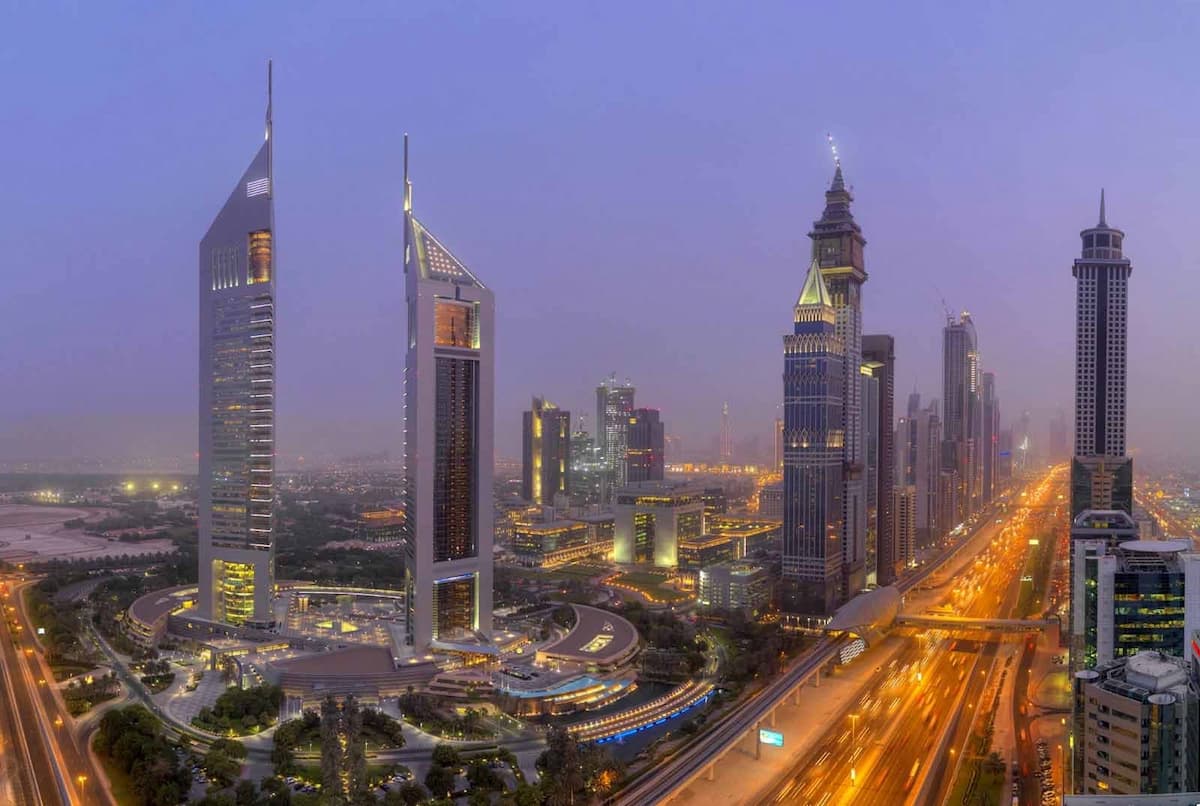
Dubai Architecture
2. As seen from the above specifications, eligible talents would be recruited from all corners of the world to congregate in Dubai every 3 years, comprising a wide range of nationalities, emanating from various educational levels and spanning hugely diverse cultural backgrounds. While most other competitions set the upper age limit at 29 or 30, this competition has set it at 35 at the preliminary round, which presumably would encourage more mature contestants.
3. Repertoire requirements from the first 2 recital rounds in the Grand Finale were similar to most other competitions, which generally encompass a full spectrum of technical demands and stylistic interpretations, with some allowance for creativity. However, the third round was where this particular competition differed. The 18 contestants (who advanced from the previous 70) were required to collaborate with the resident orchestra – the Armenian State Symphony Orchestra under the baton of Sergey Symbatyan in 2 compulsory concerto works – one a contemporary composition, and the other, a concerto from a historic period. For 2024, the assigned original work was Suite for Piano and Orchestra no.2 “From My Bookshelf” by the composer-in-residence Alexey Shor (co-operating with pianist/ conductor Mikhail Pletnev). Performed in tandem was the well-known Concerto in D minor No. 20, K. 466 by Wolfgang Amadeus Mozart. This discrepant pairing was significant in the jury’s adjudication process, as it not only exposed the innovativeness of the pianists in tackling a brand new piece, it also clearly revealed their individual attitudes towards classicism and Mozartian distinctiveness. Surprisingly, Alexey Shor’s suite was modern yet pleasantly tonal (even somewhat jazzy), which left plenty of room for imagination. At the same time, the Mozart concerto provided an opportunity to highlight the pianist’s flexibility and sophistication. Though I watched the third round 18 times delivered by 18 different candidates, I was still fascinated by the freshness of the music and the bountiful ways these talents expressed their thoughts and emotions, reflective of this competition’s philosophy:
“Where words fail, music speaks.” – Hans Christian Andersen
“From My Bookshelf” (concert version by Mikhail Pletnev) performed by Mikhail Pletnev (youtube.com)
4. I was equally impressed with the marketing and organizational expertise of the executives and presenters. Interviews with the candidates as well as jury members were interspersed in the midst of performances and were informative, meaningful and entertaining. Several jury members mentioned the responsibility of totally avoiding discussions about the contestants with each other. As well, they were advised to assess each performance based on the immediate and not the previous rounds. They claimed this would result in a fairer outcome, especially at the final round of concerto competition when experienced competitors were compared side by side to novices.
5. From my perception, this competition seemed to emphasize the importance of espousing each individual’s artistic personality, while aptly embracing the soul of the composer. With its diverse mix of judges – from concert pianists, piano teachers, composers and conductors, to artist promoters, concert hall managers, impresarios and other instrumentalists, they represented a broad scope of preferences and expectations – a holistic blend of both the aesthetic with the practical. Candidates as well as audiences were very fortunate to have had such an enriching experience, especially when its entire process was transmitted by Medici to its round the world viewers.

The Concerto Competition
If the “Classic Piano” International Competition is indeed proven to be the one-of-a-kind in the world, they will have to search for a one-of-a-kind artist worthy to win the substantial prize of €100,000 plus a 10 concert tour with an additional award of €50,000. As I combed through the third and fourth rounds, astutely analyzing the end results, I arrived at the conclusion that the competition level was very high, especially at the last piano concerto round. The 9 finalists handled some of the most technically demanding and musically challenging concerti with impressive professionalism. Nevertheless, as splendid as the overall playing was, I was not convinced that I had found “the one” who could singularly fulfill my entire wish list of essential musical attributes. The list is as follows :
1. Quality of Sound and Tonal Color – Music is all about fine-tuned sounds. String, wind and brass instrumentalists need to physically engineer the actual sounds, but pianists have to expertly navigate the keyboard with their touch to make the piano sing beautifully. What differentiates a sonorous sound from a brittle one, is dependent on the sensitive manoeuvring of fingers, wrists, arms, and of course, under the direction of discerning ears. The objective is to produce sounds that are warm, exquisite, and varied with inherent lyricism. Among these candidates in the finals, Zhiquan Wang from China (5th place) and Kim Sunah (2nd place) from South Korea definitely possessed those qualities.
W.A.Mozart Piano Concerto No. 20 in D Minor, K. 466
2. Charismatic with Wow Factor – It is not surprising that flamboyant and dazzling performers usually are the ones who generate thunderous applause and incite multiple encores from the crowd, thus bringing down the house with ease, flair and finesse. Arina Antonosyan from Armenia (4th place), Anastasiia Kliuchereva from Russia/ Austria (3rd place) and Artem Kuznetsov from Russia/ USA (8th place) belonged in this gifted category.
3. Intellectual and Academic – Musicians with such inclinations are often superbly trained, perfectionistic, serious, cerebral and genteel. One can “hear” the architecture of the music by their meticulously thought-out renditions. Because keen analytical skills are involved, their expressiveness will appear a bit more subdued and less impulsive, but definitively profound and rewarding. I would include Marek Kozak from Czechoslovakia (6th place), Yuanfan Yang from UK (7th place) and Hyounglok Choi from South Korea (9th place) in this genre.
4. Intense and Passionate – These qualities are embodied by the most experienced and seasoned artists, who can ably resonate with the composers, move audiences to tears, and therefore guarantee the loyalty of their patrons. Obviously the above description was applicable to the winner of this 2024 competition – Andrey Gugnin from Russia/ Netherlands (1st place). At age 36, he was one of the oldest and most mature competitors. Exhibiting a strong and powerful presence in all the rounds, he irrevocably deserved the first prize.

The 9 Finalists
5. One-of-a-kind Artists – I was fortunate to have encountered amazing talents in some prestigious competitions, but they were few and far between. Interestingly, not all of them won first prizes but they nonetheless warrant successful concert careers. To name a few:- Daniil Trifonov in the 2010 Chopin, Beatrice Rana in the 2013 Van Cliburn, Lucas Debargue in the 2015 Tchaikovsky, Eric Lu in the 2018 Leeds, Aimi Kobayashi and Kyohei Sorita in the 2021 Chopin, Yunchan Lim in the 2022 Van Cliburn.
Finally, it is my hope that the extensive global exposure from Medici’s online coverage of competitions will attract not just follow-the-herd competitors who abide by conventional interpretations, but inspirational talents with out-of-the-box ideas, poignant emotions and independent voices.

First Prize Winner Andrey Gugnin
To be able to mesmerize an audience to touch a corner in heaven with the universal language of music would be an impactful one-of-a-kind achievement.
For more of the best in classical music, sign up for our E-Newsletter

